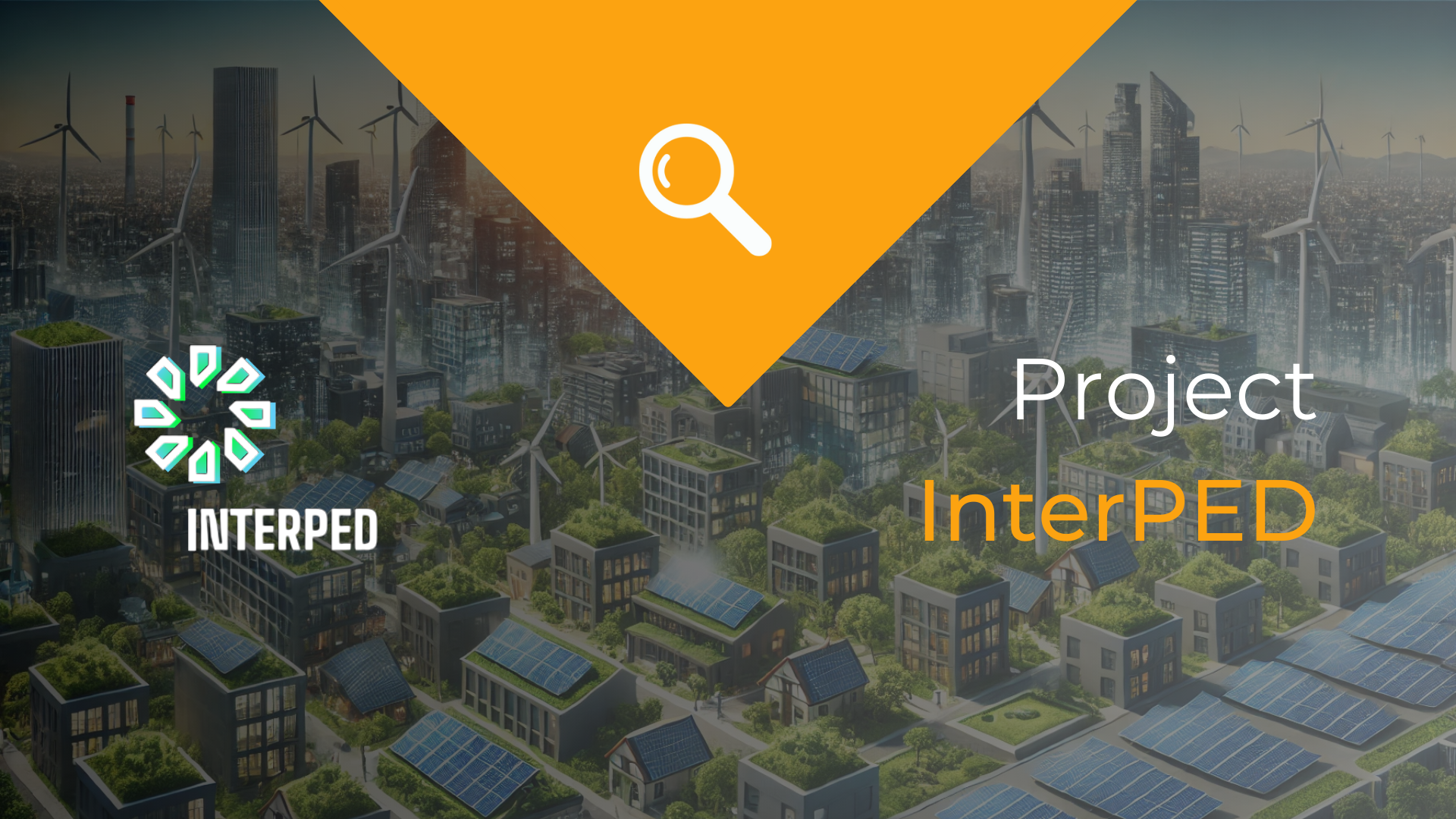
InterPED aims to facilitate the development of Positive Energy Districts by integrating sector coupling, demand flexibility, and consumer engagement.
It seeks to enhance the use of local renewable energy sources and storage solutions, improving PED operations and grid stability. A central cloud-based platform will offer analytical modeling and optimization services for managing integrated PEDs, covering energy aspects from power to mobility.
The project emphasizes community engagement and cooperative demand response strategies, intending to demonstrate its approaches across four pilot sites, each representing a different PED context. Through participatory co-design, InterPED engages end users in the development process, aiming to test the feasibility and scalability of its solutions in real-world environments.
Hive Power's main role within the InterPED project is focused on EV charging flexibility orchestration to improve the balancing of the distribution grid and support local energy community setup. This role involves leveraging artificial intelligence models and optimization capabilities to manage the scheduling of electric vehicle (EV) charging in a way that respects user preferences, availability of renewable energy sources, energy tariffs, and the overall control strategy of the district-level energy management. Hive Power and SUPSI (University of Applied Sciences and Arts of Southern Switzerland) collaborate on this aspect, bringing industry-academia expertise to the project, specifically aimed at enhancing the distribution grid's operation managed by AEM, a Swiss Distribution System Operator (DSO).
This project has been partially funded by the European Union’s Horizon Europe research and innovation programme under the grant agreement No. 101138047 and by the Swiss Government.